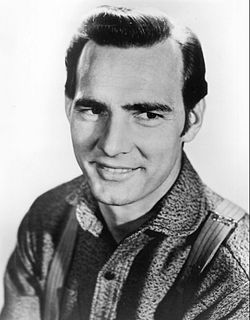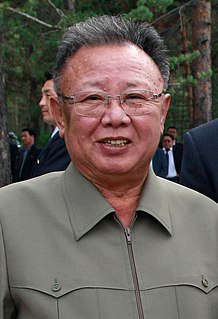A Quote by Aldo Leopold
All ethics so far evolved rest upon a single premise: that the individual is a member of a community of interdependent parts.
Related Quotes
Faith is precisely the paradox that the single individual as the single individual is higher than the universal, is justified before it, not as inferior to it but superior - yet in such a way, please note, that it is the single individual who, after being subordinate as the single individual to the universal, now by means of the universal becomes the single individual who as the single individual is superior, that the single individual as the single individual stands in an absolute relation to the absolute.
This state of mind, which subordinates the interests of the ego to the conservation of the community, is really the first premise for every truly human culture... The basic attitude from which such activity arises, we call-to distinguish it from egoism and selfishness-idealism. By this we understand only the individual's capacity to make sacrifices for the community, for his fellow men.
Throughout the 1980s, we did hear too much about individual gain and the ethos of selfishness and greed. We did not hear enough about how to be a good member of a community, to define the common good and to repair the social contract. And we also found that while prosperity does not trickle down from the most powerful to the rest of us, all too often indifference and even intolerance do.
If a man speculates on what 'society' should do for the poor, he accepts thereby the collectivist premise that men's lives belong to society and that he, as a member of society, has the right to dispose of them...that psychological confession reveals the enormity of the extent to which altruism erodes men's capacity to grasp the concept of rights or the value of an individual life.
Each of the parts of philosophy is a philosophical whole, a circle rounded and complete in itself. In each of these parts, however, the philosophical Idea is found in a particular specificality or medium. The single circle, because it is a real totality, bursts through the limits imposed by its special medium, and gives rise to a wider circle. The whole of philosophy in this way resembles a circle of circles. The Idea appears in each single circle, but, at the same time, the whole Idea is constituted by the system of these peculiar phases, and each is a necessary member of the organisation.






































